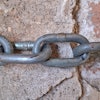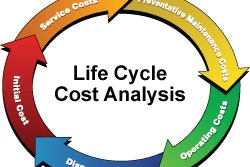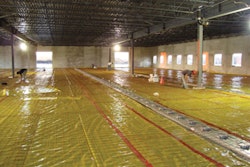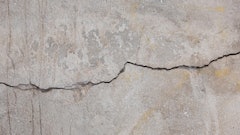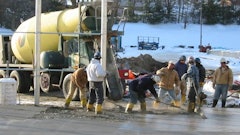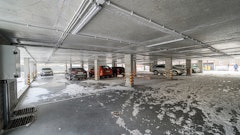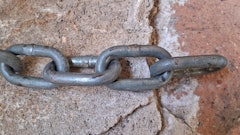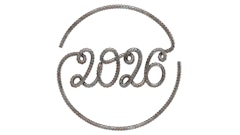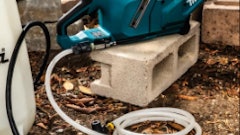As oil prices rise and refineries adopt new technologies, industry experts are seeing a direct impact on the costs for states to build and maintain roads and highways. The lower initial bid of asphalt roads has disappeared, yet industry experts say many state departments of transportation (DOTs) have not changed their bidding policies.
At the 2012 World of Concrete this week in Las Vegas, Portland Cement Association (PCA) Chief Economist Ed Sullivan reported that to manage the new cost realities of asphalt and concrete DOTs must become "efficient" spenders.
"The free market is the best way to have efficient solutions to financial budget constraints," Sullivan said. "However, old and irrelevant policies like the use of escalators benefit suppliers and distort free market mechanisms."
Since 2005, liquid asphalt prices have increased annually 12 percent while concrete rose only four percent. Yet, states' DOT procurement practices that include escalators, non-use of alternative material bidding, flawed LCCA calculations, and the lack of equivalent paving design are costing taxpayers billions of dollars. PCA estimates that since 2006, escalator clauses have cost states $1.1 billion.
Asphalt cost escalator clauses are a price adjustment provision that allow asphalt paving contractors to adjust their construction price based on a fluctuation in liquid asphalt cost. These price adjustments occur after the contractor has won the bid. As a result, states, and ultimately taxpayers, take on the risk of increasing asphalt prices.
"Today escalators mask unneeded cost overruns caused by asphalt's price volatility," said Sullivan. "The new realities in the road construction materials markets will force DOTs to make huge changes to how they evaluate road-paving projects."
During 2010-2011 concrete's initial cost advantage over asphalt increased to $78,500 in 2010 and $192,700 in 2011 per one-mile "standard" two-lane roadway. Using Wisconsin DOT software, PCA estimates by 2015 concrete paved roads will enjoy a $266,185 initial bid cost for the same road — roughly a 30 percent savings and the savings will grow to 44 percent by 2025.


